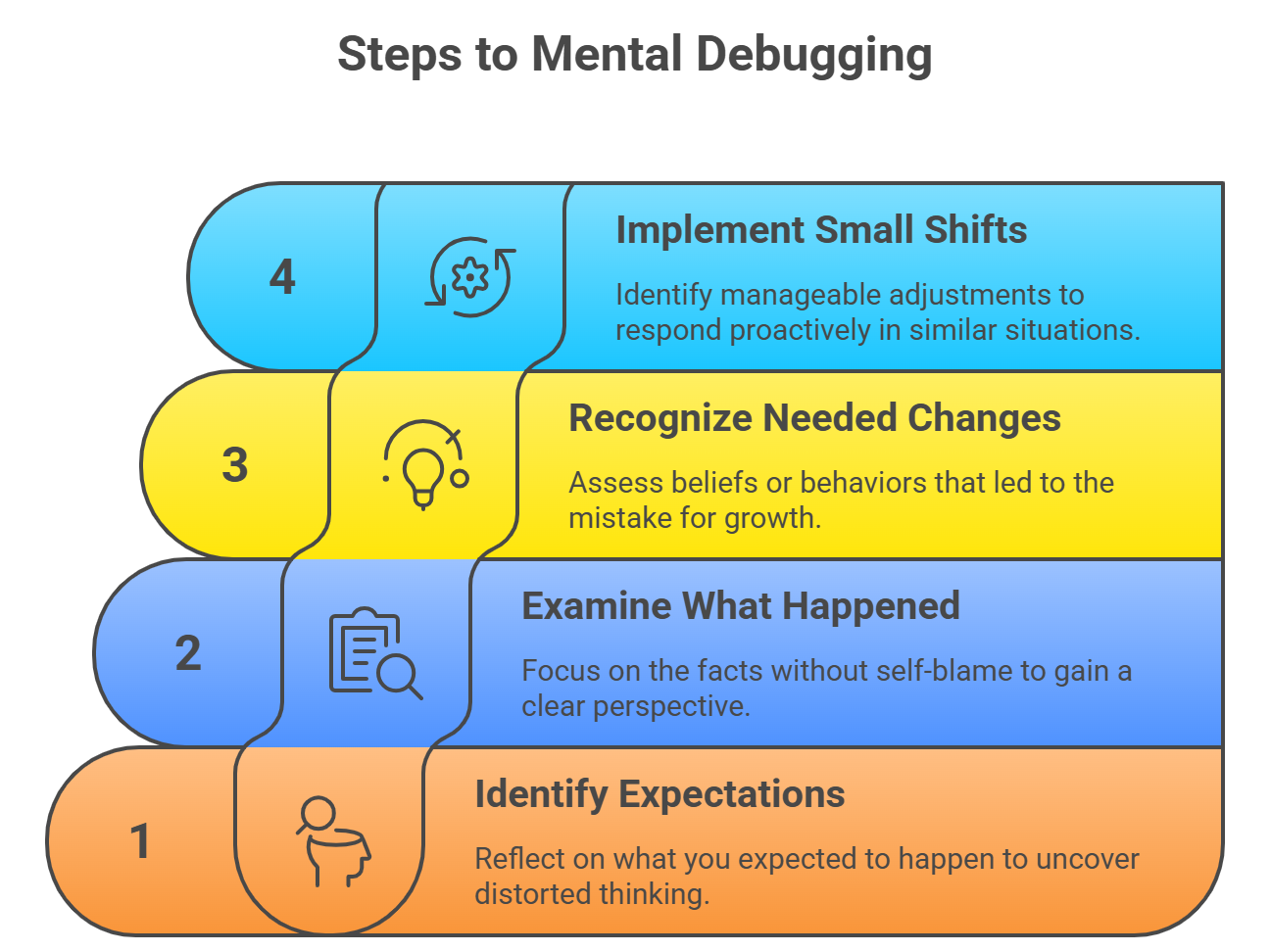
Unlocking the Learning Potential of Mistakes
Have you ever felt defeated by making the same mistake repeatedly? The frustration can cloud your judgment and make you doubt your intelligence. But what if every mistake holds a lesson waiting to be unlocked? According to research shared by psychiatrist Dr. Tracey Marks, our brains have an innate ability to convert errors into powerful learning tools. Instead of viewing them as failures, we can learn to see mistakes as opportunities for growth.
In 'How Your Brain Naturally Converts Mistakes into Breakthrough Life Lessons,' the discussion dives into the neuroscience of learning from errors, exploring key insights that sparked deeper analysis on our end.
The Science Behind Mistakes and Learning
Every action we take aligns with a set of expectations. When reality doesn't match our predictions, our brain signals a prediction error—a crucial moment for learning. Initially, this can trigger feelings of disappointment and frustration, as our dopamine levels dip. However, as Dr. Marks explains, this emotional response is simply our brain's way of drawing attention to the need for adjustment. Just like a GPS recalibrates when we take a wrong turn, our brains can recalibrate to find a better path.
Emotions: The Hidden Barriers to Learning
So why do we often find ourselves repeating mistakes? Emotions like shame and anxiety can hijack our brain's capacity to learn, leading us to shift into survival mode instead of reflective problem-solving. This avoidance behavior might provide momentary relief but skips the crucial step of learning. Additionally, a fixed mindset can prevent us from viewing mistakes as valuable lessons; instead, they become proof of our inadequacies. Understanding these emotional roadblocks is essential for breaking free and transforming mistakes into constructive feedback.
Mental Debugging: Breaking the Cycle
Mental debugging is a structured method for extracting lessons from our mistakes. This process involves four key steps:
Identify Expectations: Reflect on what you expected to happen. This helps uncover any distorted thinking that may have influenced your perception.
Examine What Happened: Focus on the facts without self-blame or judgment. A clear perspective allows for effective analysis.
Recognize Needed Changes: Assess your beliefs or behaviors that may have led to the mistake. Understanding where your thinking might have gone awry is crucial for growth.
Implement Small Shifts: Identify manageable adjustments to make the next time a similar situation arises. This proactive approach equips the brain to respond rather than react.
These steps serve as a guide to navigate through setbacks and pave the way for new learning experiences.

Building Resilience Through Reflection
To solidify lessons from mistakes, it's essential to engage in practices like narrative reframing—where we redefine our internal narrative around failures. For instance, instead of saying, "I failed again," we can say, "I gained valuable insights that guide my future actions." This subtle shift can change how our brain encodes memories, ultimately enhancing self-awareness and resilience.
Moreover, behavioral rehearsal entails envisioning your desired responses to similar situations in the future. Athletes and performers frequently use this technique to build mental muscle memory, allowing them to excel under pressure.
The Mindset Shift: Transforming Failure into Growth
Mistakes are not indicators of a flawed character; they are signals that invite us to recalibrate our thinking and approaches. By approaching failures with curiosity and a desire to learn, we develop resilience that transforms how we deal with challenges. As Dr. Marks emphasizes, embracing mistakes leads to adaptive resilience—the ability to grow wiser with each misstep.
Remember, the road to growth is paved with lessons from our missteps. Embrace them!
 Add Row
Add Row  Add
Add 




 Add Row
Add Row  Add
Add 

Write A Comment